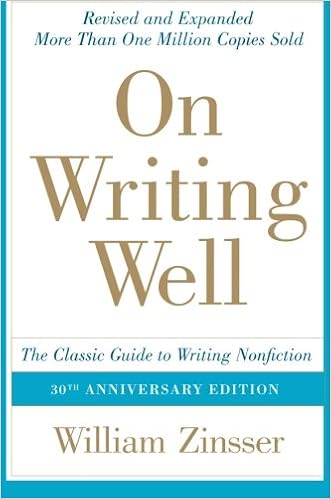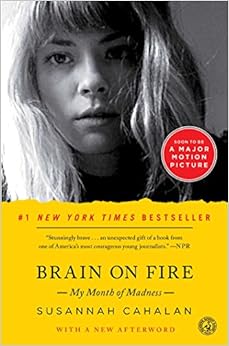by
The December selection for my local library reading group is a graphic novel about caring for aging parents. It is called Can't We Talk About Something More Pleasant and is written by a cartoonist for The New Yorker by the name of Roz Chast. Her parents were both the children of poor Russian Jewish immigrants. They lived into their 90's and in the book the author has to navigate the health care system for elders in 21st century America. Since I worked most of my nursing career in long term care facilities I was able to really get what she was talking about. This is the first graphic novel I have ever read and I found it hard to get the hang of at first. I expected to have problems so instead of getting the book on my kindle or in audio form I actually checked out a hard back copy of the book at the local library during the book group meeting for November. It did take me quite a few pages to get the hang of the order of the cartoons. But I enjoyed the format once I got the format figured out. This is a worth while book to read if you are going through dealing with aged parents. It also might help open up some dialog for those that want to get family members talking about end of life decisions. Please click on the book title and author's name above to follow the links to more information and enjoy the video that follows.

